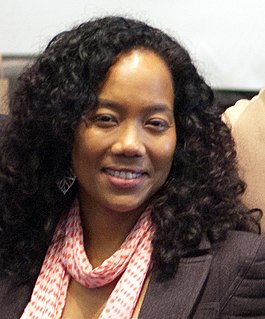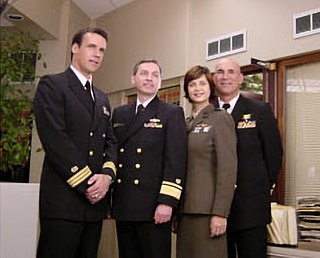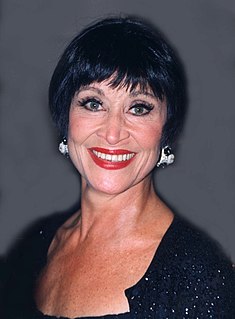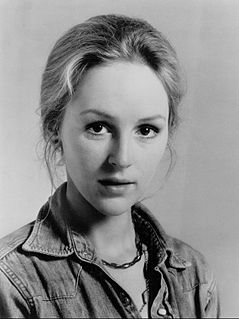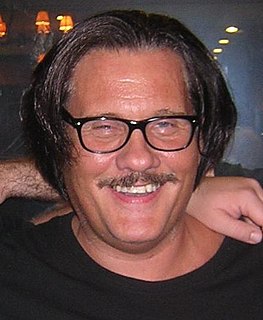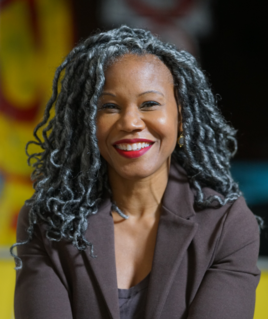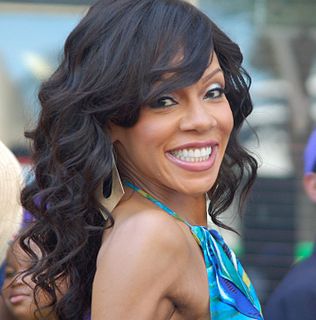A Quote by Sonja Sohn
Even though the neighborhood I grew up in had some unhealthy elements, there was a caring there where you knew that you didn't want to get caught doing something wrong. There were bright spots in the neighborhood where I felt nurtured on a community level.
Related Quotes
If you have an all-white neighborhood you don't call it a segregated neighborhood. But you call an all-black neighborhood a segregated neighborhood. And why? Because the segregated neighborhood is the one that's controlled by the ou - from the outside by others, but a separate neighborhood is a neighborhood that is independent, it's equal, it can do - it can stand on its own two feet, such as the neighborhood. It's an independent, free neighborhood, free community.
Part of that is ordinary African-Americans, you come out of your house and you see the conditions in your neighborhood and you see, folks in your neighborhood doing certain things that, are irresponsible. You know, the thing I always think about, you get up early in the morning to go to work and there's some dude outside drinking and you come home and the same dude is outside drinking hanging on the corner. And then this engenders a level of anger I think and a level of shame.
I'm happy that I have my family, and I'm happy that I had Virginia, where I grew up, to retreat to any time I felt overwhelmed. Whenever there were times when I felt like the rug was being pulled out from under me and I was floating in this crazy space, I would stop and go back to that neighborhood and realize nothing's changed, really.
Build. Transform. Love. These are words I use all the time as we speak about community building and even real estate development because these are the kind of communities, like, we want to show you don't have to move out of your neighborhood to live in a better one. And when people think about living in a neighborhood, they are not thinking about fight - the community of their dreams, they are not fighting in it, they are not struggling in it. It's not, "Oh, I gotta put on my armor." All the time. I don't want to live like that. I don't.
